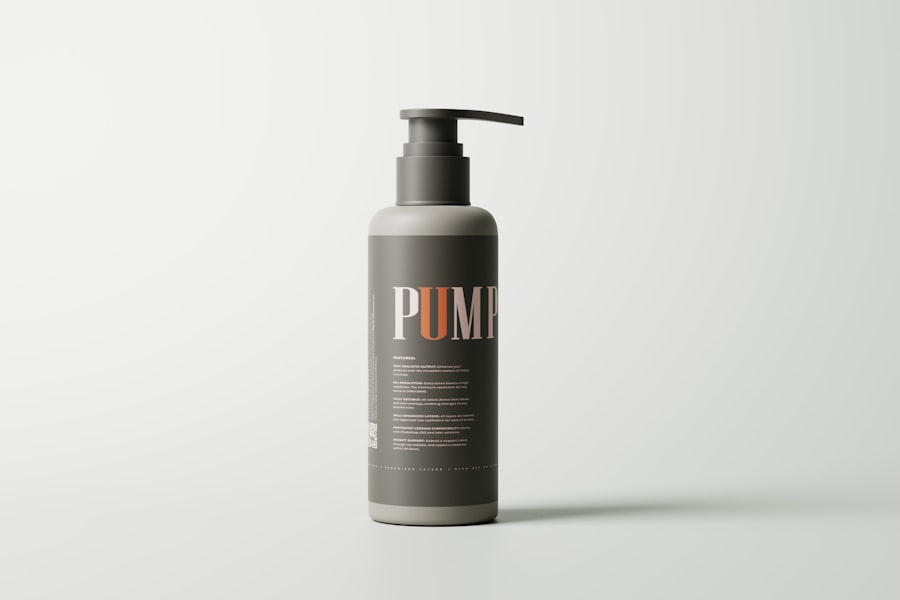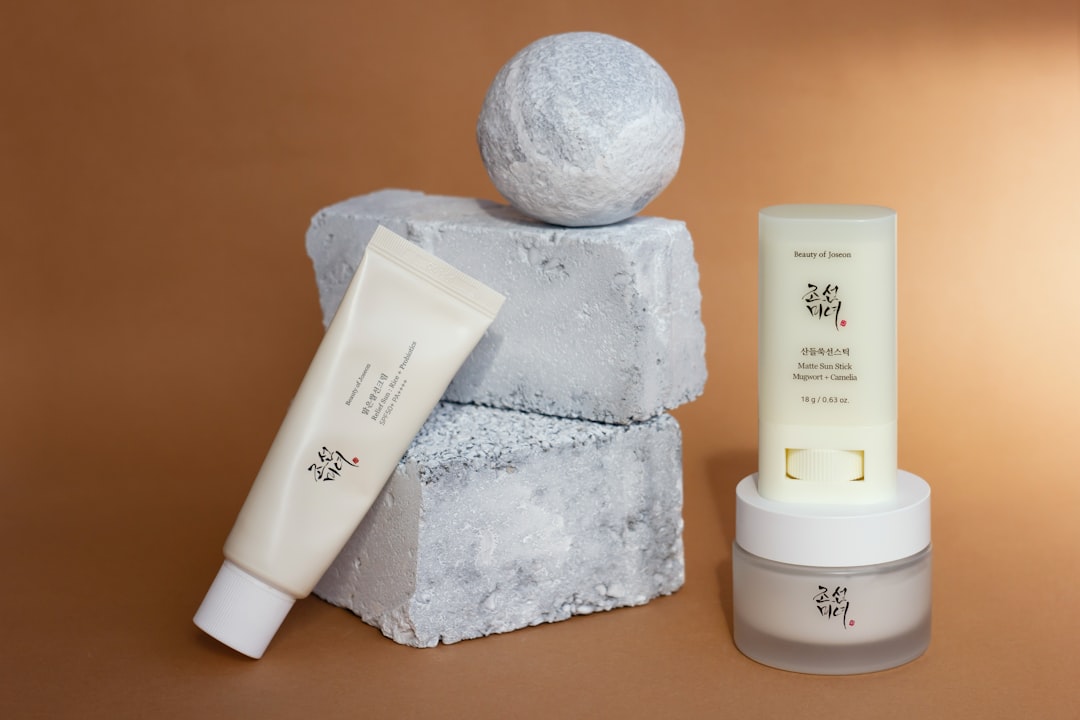After undergoing laser hair removal, it’s essential to grasp the fundamentals of aftercare to ensure optimal results and minimize any potential side effects. The procedure itself involves using concentrated light beams to target hair follicles, effectively reducing hair growth over time. However, the skin may react differently post-treatment, and understanding how to care for it can significantly impact your experience.
You should be aware that your skin may feel sensitive or slightly irritated immediately after the session, which is entirely normal. To promote healing, you must follow a few basic aftercare guidelines. First and foremost, avoid any activities that could irritate the treated area, such as vigorous exercise or hot baths, for at least 24 hours.
This precaution helps prevent additional inflammation and allows your skin to recover more comfortably. Additionally, you should refrain from using harsh skincare products or exfoliants on the treated area for a few days. Instead, opt for gentle cleansers and soothing lotions to keep your skin calm and hydrated.
By adhering to these basic principles of aftercare, you can set the stage for a successful laser hair removal experience.
Key Takeaways
- Proper aftercare is essential for optimal results after laser hair removal treatment.
- Managing discomfort and redness after treatment can be achieved through various methods such as applying cold compress or using aloe vera gel.
- Protecting your skin from sun exposure is crucial post-treatment to avoid complications such as hyperpigmentation.
- Hydration and moisturization are key for optimal healing and to maintain the health of the skin after laser hair removal.
- Gentle cleansing and exfoliation are important to prevent irritation and ingrown hairs post-treatment.
Managing Discomfort and Redness After Laser Hair Removal
Initial Reaction and Symptoms
You may notice some swelling or redness in the treated areas, similar to a mild sunburn. This reaction is typically temporary and should subside within a few hours to a couple of days.
Alleviating Discomfort
To alleviate discomfort, consider applying a cool compress to the affected areas. This simple method can help soothe your skin and reduce inflammation, making you feel more comfortable as you recover. In addition to cold compresses, over-the-counter pain relief medications can be beneficial if you find the discomfort bothersome.
Managing Pain and Swelling
Non-steroidal anti-inflammatory drugs (NSAIDs) like ibuprofen can help reduce pain and swelling effectively. However, it’s crucial to consult with your practitioner before taking any medication to ensure it’s appropriate for your situation. Remember that while some redness is expected, if you notice excessive swelling or prolonged discomfort, it’s wise to reach out to your healthcare provider for further guidance.
Protecting Your Skin from Sun Exposure Post-Treatment

One of the most critical aspects of aftercare following laser hair removal is protecting your skin from sun exposure. Your skin will be more sensitive after treatment, making it susceptible to sunburn and pigmentation changes. To safeguard your skin, you should avoid direct sunlight for at least two weeks post-treatment.
If you must be outdoors, wearing protective clothing such as long sleeves and wide-brimmed hats can provide an extra layer of defense against harmful UV rays. In addition to physical barriers, applying a broad-spectrum sunscreen with an SPF of 30 or higher is essential. You should apply sunscreen generously to the treated areas every two hours when exposed to sunlight.
This practice not only protects your skin from sun damage but also helps maintain the results of your laser hair removal treatment. By prioritizing sun protection during this sensitive period, you can enhance your skin’s healing process and achieve the best possible outcomes.
Proper Hydration and Moisturization for Optimal Healing
| Benefits of Proper Hydration and Moisturization for Optimal Healing |
|---|
| 1. Helps in maintaining skin elasticity and flexibility |
| 2. Aids in the repair and regeneration of skin cells |
| 3. Reduces the risk of infection and complications |
| 4. Improves overall skin texture and appearance |
| 5. Speeds up the healing process |
Hydration plays a vital role in the healing process following laser hair removal. Keeping your body well-hydrated helps maintain skin elasticity and promotes faster recovery. You should aim to drink plenty of water in the days following your treatment, as this will support your skin’s natural healing mechanisms.
Staying hydrated can also help reduce any dryness or flakiness that may occur as your skin heals. In addition to internal hydration, external moisturization is equally important. Applying a gentle, fragrance-free moisturizer to the treated areas can help soothe irritation and keep your skin supple.
Look for products containing soothing ingredients like aloe vera or hyaluronic acid, which can provide additional relief and hydration. Regularly moisturizing your skin not only aids in recovery but also enhances the overall appearance of the treated area, ensuring that you achieve the best results from your laser hair removal experience.
Avoiding Irritation and Ingrown Hairs After Laser Hair Removal
Post-laser hair removal care also involves taking steps to avoid irritation and ingrown hairs, which can be common concerns after treatment. To minimize these issues, it’s crucial to avoid tight clothing that may rub against the treated areas for at least a few days.
Additionally, you should refrain from shaving or waxing the treated areas until they have fully healed. Instead, consider using a gentle exfoliating scrub or a soft washcloth to help prevent ingrown hairs as your skin recovers.
By taking these precautions, you can enjoy smoother skin without the hassle of irritation or ingrown hairs.
Understanding the Importance of Gentle Cleansing and Exfoliation

Cleansing and exfoliation are essential components of post-laser hair removal care, but it’s crucial to approach them with gentleness in mind. After treatment, your skin may be sensitive and more prone to irritation; therefore, using a mild cleanser is paramount. Opt for a sulfate-free formula that won’t strip your skin of its natural oils while effectively removing impurities.
You should cleanse the treated areas with lukewarm water and pat them dry with a soft towel rather than rubbing vigorously. Exfoliation is also important but should be approached cautiously in the days following your treatment. While gentle exfoliation can help prevent ingrown hairs and promote smoother skin, you should wait at least a week before introducing any exfoliating products into your routine.
When you do begin exfoliating, choose a gentle scrub or chemical exfoliant with mild ingredients like alpha hydroxy acids (AHAs) or beta hydroxy acids (BHAs). This careful approach will help maintain healthy skin while minimizing any risk of irritation.
Adhering to Post-Treatment Instructions for Best Results
Following post-treatment instructions provided by your practitioner is crucial for achieving the best results from your laser hair removal sessions. Each individual’s skin may react differently to treatment, so personalized aftercare guidelines are tailored specifically for you. You should take note of any specific recommendations regarding skincare products or activities to avoid during your recovery period.
In addition to adhering to general aftercare practices, it’s essential to attend follow-up appointments as scheduled. These visits allow your practitioner to assess your progress and make any necessary adjustments to your treatment plan. By staying committed to these instructions and maintaining open communication with your provider, you can maximize the effectiveness of your laser hair removal journey and enjoy long-lasting results.
Seeking Professional Advice for Any Concerns or Complications
While most individuals experience minimal side effects after laser hair removal, it’s essential to remain vigilant about any unusual reactions or complications that may arise during your recovery period. If you notice excessive redness, swelling, or signs of infection such as pus or increased pain, don’t hesitate to reach out to your healthcare provider for guidance. Early intervention can prevent minor issues from escalating into more significant concerns.
Additionally, if you have any questions about your aftercare routine or specific products you’re considering using on your skin post-treatment, seeking professional advice is always a wise choice. Your practitioner can provide valuable insights based on their expertise and knowledge of your unique situation. By prioritizing open communication with your healthcare provider and addressing any concerns promptly, you can ensure a smoother recovery process and achieve the best possible outcomes from your laser hair removal experience.
For more information on laser hair removal aftercare advice, be sure to check out the article on inlaserhairremoval.com. This article provides helpful tips and recommendations for taking care of your skin after undergoing laser hair removal treatment. It is important to follow proper aftercare instructions to ensure the best results and minimize any potential side effects.
FAQs
What is laser hair removal aftercare advice?
Laser hair removal aftercare advice refers to the recommended steps and precautions to be taken after undergoing a laser hair removal treatment in order to ensure optimal results and minimize any potential side effects.
Why is laser hair removal aftercare important?
Proper aftercare is important to ensure that the skin heals properly after the treatment and to minimize the risk of any adverse reactions. It also helps to maintain the effectiveness of the treatment and prolong the results.
What are some common aftercare tips for laser hair removal?
Common aftercare tips for laser hair removal include avoiding sun exposure, using gentle skincare products, avoiding hot showers and baths, avoiding excessive sweating, and keeping the treated area clean and moisturized.
How long should I wait before exposing the treated area to the sun?
It is recommended to avoid sun exposure for at least 2 weeks after laser hair removal treatment. This is because the skin may be more sensitive to sunlight and more prone to damage during this time.
Can I shave or use hair removal creams after laser hair removal treatment?
It is generally safe to shave the treated area after laser hair removal, but it is important to avoid using hair removal creams or waxing as these methods can irritate the skin and interfere with the healing process.
Are there any specific products I should avoid using on the treated area?
It is best to avoid using harsh or abrasive skincare products, as well as products containing alcohol or fragrances, on the treated area. These can irritate the skin and interfere with the healing process.
When can I resume my regular skincare routine after laser hair removal?
It is best to wait at least 24-48 hours before resuming your regular skincare routine after laser hair removal. This allows the skin to heal and reduces the risk of irritation.




